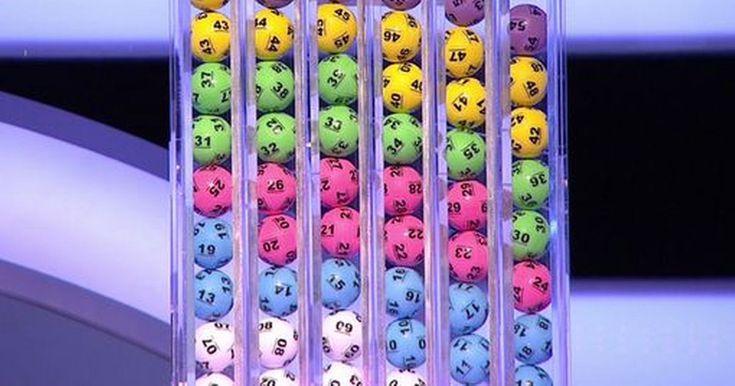Lotteries have fascinated people for centuries, embodying the allure of chance and the tantalizing possibility of sudden wealth. A lottery draw, the culmination of weeks or months of anticipation, serves as a moment where dreams can either soar or shatter in an instant result cambodia. This article delves into the mechanics, excitement, and societal implications of lottery draws, exploring why they captivate millions worldwide.
Understanding the Mechanics of a Lottery Draw
At its core, a lottery draw is a process where a set of numbers is randomly selected to determine winners. The format can vary widely from country to country and even within different games in the same jurisdiction. Most commonly, players select a set of numbers from a specified range, with the goal of matching them to the numbers drawn.
For example, in many traditional lotteries, players might choose six numbers from a pool of 1 to 49. The draw itself can take place using various methods, including mechanical ball machines, electronic random number generators, or even live draws broadcast on television. The excitement builds as the numbers are revealed, and players check their tickets, often in groups, to see if they hold the key to unimaginable riches.
The Excitement of the Draw
The atmosphere during a lottery draw is electric. Whether it’s a live event attended by enthusiastic spectators or a televised broadcast watched by millions, the excitement is palpable. Many players gather with friends and family, clutching their tickets and sharing their dreams. The air is thick with hope as the host draws each number, leading to gasps and cheers as participants realize they may be on the brink of life-changing news.
This communal aspect of lottery draws enhances the experience, turning individual aspirations into a collective event. People revel in the fantasy of what they would do with the winnings—buying homes, traveling the world, or giving back to their communities. These shared moments, filled with joy and suspense, are what make lottery draws so unique.
The Societal Impact of Lotteries
Beyond personal dreams, lottery draws have significant societal implications. Many governments utilize lottery revenues to fund public services such as education, infrastructure, and healthcare. In some regions, a significant portion of the ticket sales is allocated to these initiatives, making lotteries not just a game of chance but also a source of community support.
However, there are also criticisms surrounding lotteries. The concept of “regressive taxation” comes into play, where low-income individuals tend to spend a higher proportion of their income on lottery tickets than wealthier individuals. This raises ethical concerns about exploiting the dreams of the less fortunate, who may see lotteries as one of the few avenues for financial escape.
The Psychological Aspect of Lottery Participation
Psychologically, the allure of participating in a lottery draw can be understood through the lens of hope and escapism. Many people purchase tickets not just for the potential winnings but for the thrill of imagining what life could be like if they won. This “hope factor” can provide a temporary escape from the stresses of daily life, making lottery participation appealing even to those who know the odds are against them.
The odds of winning large jackpots can be astronomically low—often cited as being in the millions to one. Yet, this doesn’t deter participation; instead, it seems to enhance the excitement. The rarity of winning amplifies the value of the dream, creating a paradox where players continue to invest in what they know is a long shot.





